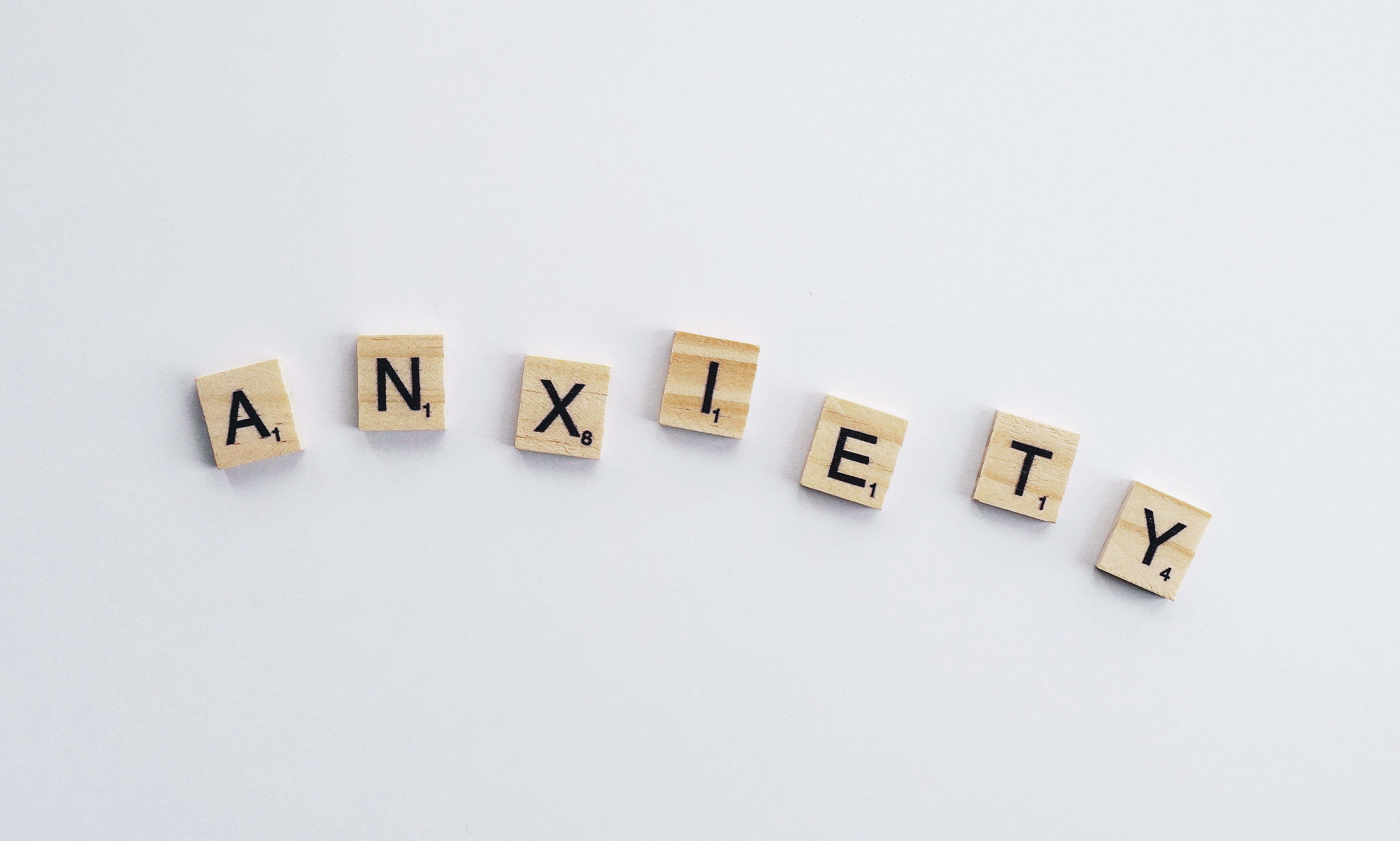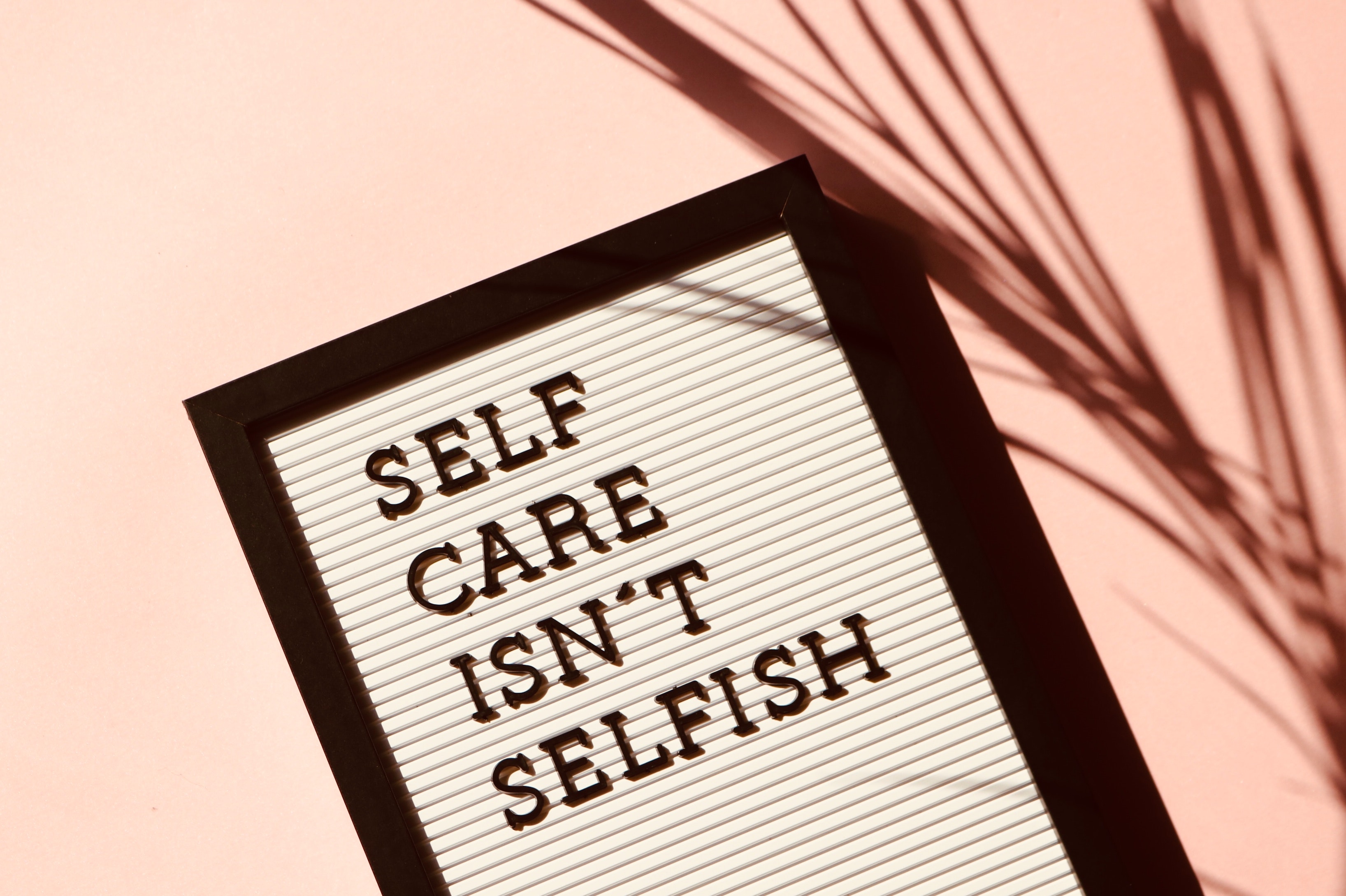- Home
- Blogs
- Mental Wellness
- Leading causes of mental health illness
- Leading caus...
Leading causes of mental health illness

Mental illness is one of the leading causes of disability and death worldwide. Mental health illness is obvious to the person suffering from it, but it is less obvious to the rest of us. It is a very sensitive topic that most people don't want to talk about.
Mental illness is not a rare phenomenon nowadays. It is estimated that one in four people will experience a mental health illness in their lives. Every year, around 450 million people experience mental illness, and nearly 75% of people in the world are living with or know someone (including themselves, family, or friends) who is living with a mental illness. It is becoming more prevalent among women. Today, one out of three people is struggling with depression and anxiety. As the face of the workforce is now mostly female, it makes sense that female employees are more prone to depression and anxiety.
Women experience this problem a lot more than men and are hesitant to seek professional help. As per a WHO report, approximately one in four women suffers from a mental health problem. It is predicted that by 2030, depression will become the second-largest disease burden in the world and the leading cause of disability.
The good news is that mental health illnesses can be treated.
What are the main factors that lead to mental illness?
Mental health illness comes in many forms and affects every aspect of life. It can be caused by tons of factors, both biological and environmental.
Mental health illness is not a choice or a character flaw. People with mental illnesses are not dangerous or violent. They are more likely to be victims of crime than perpetrators. In fact, most men's or women's health issues start with stress, anxiety, or any other mental illness. One needs to understand that mental illness is a health condition, like heart disease. It's a part of life, and it can affect anyone.
Some of the common mental health illnesses are
- Depression
- Anxiety
- Eating Disorder
- PTSD (Post-Traumatic Stress Disorder)
- OCD (Obsessive Compulsive Disorder)
- Bipolar Disorder

It also includes other well-known conditions, such as phobias, schizophrenia, and attention deficit hyperactivity disorder (ADHD).
And some of the main reasons behind these mental health disorders are:
Death of someone close
One of the most painful experiences a person can have is losing someone close to them. It is frequently accompanied by feelings of grief, bereavement, and even rage. One may also feel helpless and hopeless. In severe cases, a person becomes suicidal, and the emotions are so intense and overwhelming that those affected are unable to cope.
If the condition is not treated, it can lead to depression, heart disease, bipolar disorder, and even death in some cases.
Abuse
Abuse and neglect are two of the leading causes of rising mental illnesses. These experiences can be physical, social, emotional, or behavioural, and they usually manifest themselves in adulthood. They are deeply rooted in domestic abuse, child abuse, bullying, and dysfunctional households. To help a person get out of this traumatic abuse, one must find the main cause.
Childhood abuse creates a lasting mental imprint that increases the risk of developing anxiety, depression, post-traumatic stress disorder (PTSD), and other mental diseases. They might be more inclined towards substance abuse as a means to suppress and numb their emotions.
Anxiety, depression, and post-traumatic stress disorder (PTSD) are also among the mental health conditions that can affect adults. For instance, domestic abuse has a negative impact on women's health.
Genetics and family history
The role of genetics in mental health disorders cannot be overlooked. According to a National Institute of Mental Health study, inherited genetic or biological factors cause approximately 50% of all mental illnesses. This simply implies that if any blood relative in your family has a mental illness, you are likely to have one as well. Even if it runs in your family, you will not have to encounter the same mental disorder because other factors also play an important role.
It has been observed that children whose parents are addicted to drugs or alcohol or have mental health issues develop psychological problems more than those who are not.
Another important factor to consider is that 50% of people who have experienced a mental illness or disorder at some point in their lives are more likely to report it again. Hence, proper treatment is necessary.
Trauma
Traumatic events can have a long-term impact on one’s mental health. Rape or sexual assault, physical assault, bullying, neglect, and a history of abuse or abusive life experiences are examples of such trauma.
Even if a person is not experiencing it currently, its impact can still be felt. It is commonly assumed that traumatic events must be large, life-altering events, but repeated minor events, such as daily inappropriate remarks, violence, and so on, can also have a negative impact on mental health.
Trauma can also lead to substance abuse, which magnifies the condition.
Environmental factors
People who live in colder climates are more likely to develop mental illness, and this is due to the weather. In a stressful environment, such as an abusive household or an unhealthy work environment, you may feel more stressed.
Mental disorders can also occur even if one's environment has changed and they are unable to adjust.
Sometimes something as simple as bringing positivity to surroundings can help improve mental health.
Discrimination and stigma
Discrimination is when you are treated differently because of who you are or what you look like. It's when you're treated unfairly or bullied because of your race, religion, LGBTQIA+ identity, or other characteristics.
Mental disorders that result from stigma and discrimination usually carry a lot of shame and embarrassment for those who suffer from them. Many of these disorders are rarely brought to the forefront of public awareness, with the idea that if we don't know about them, then they can't hurt us.
The effects of discrimination and stigma can make those living with mental disorders feel shameful and afraid to be who they are. When people live with an illness that will never go away, it's hard for them to imagine a future for themselves, especially if most of their peers are not accepting of their differences.
Substance abuse
People suffering from mental illnesses are more likely to become addicted to drugs and alcohol. They use it as an escape mechanism from the pain, and rather than seeking help, they become more involved in drugs and alcohol.
These substances alter brain chemistry, which can aggravate the issue.
Substance Use Disorder (SUD) increases the probability of mental health problems such as stress, depression, personality disorders, eating disorders, and mood disturbances.
How can mental illnesses be managed?
Only a small percentage of people with mental illness ever get treatment, and most of these people do not receive adequate care. We are all affected by mental illness at one time or another, whether we realize it or not.
Mental health illness can be treated medically and counselling and psychotherapy by medical professionals can be essential to treating mental illness. A good doctor with a good reputation will have the knowledge, experience, and professional tools to cure mental illness.
You can check Newmi’s website for Online Psychological Counseling. Newmi provides a platform where people suffering from mental illness can interact with qualified mental health professionals during different sessions and get proper treatment for their mental disorders. Newmi is a platform where you get all the help that you need at affordable rates, like women's health products, professional doctors, women health care packages, books, etc.
Another best way to manage a mental illness is to maintain healthy habits. Make sure to get enough rest and exercise on a daily basis. It is also important to manage the stress in your life, which can be done by making time for yourself to relax and unwind.
Healthy eating is another great way to manage your mental illness because it helps keep your body and mind running at optimal levels.
It is very important not to overlook how these disorders can affect men's and women's health and to help them before it’s too late.
Towards the end
Mental health is being able to successfully navigate the ups and downs of life. Of course, no one can navigate the ups and downs of life perfectly all of the time, but having a mental illness means that you have a condition that affects your life in a persistent, negative way.
Talking about it is also an important step in dealing with the disease and helping others who are dealing with it. So let’s break the stigma and help as many people as we can.
Leave a Comment
Blogs
Popular Posts
Get the latest from Newmi
Subscribe to get Email Updates!
Thanks for subscribe.
Your response has been recorded.
COPYRIGHT © 2025 KA HEALTHCARE PVT LTD - ALL RIGHTS RESERVED.
Disclaimer: NEWMI CARE does not cater to any medical/Pregnancy or psychiatric emergencies. If you are in a life-threatening situation, please do NOT use this site. If you are feeling suicidal, we recommend you call a suicide prevention helpline or go to your nearest hospital.


0 Comment